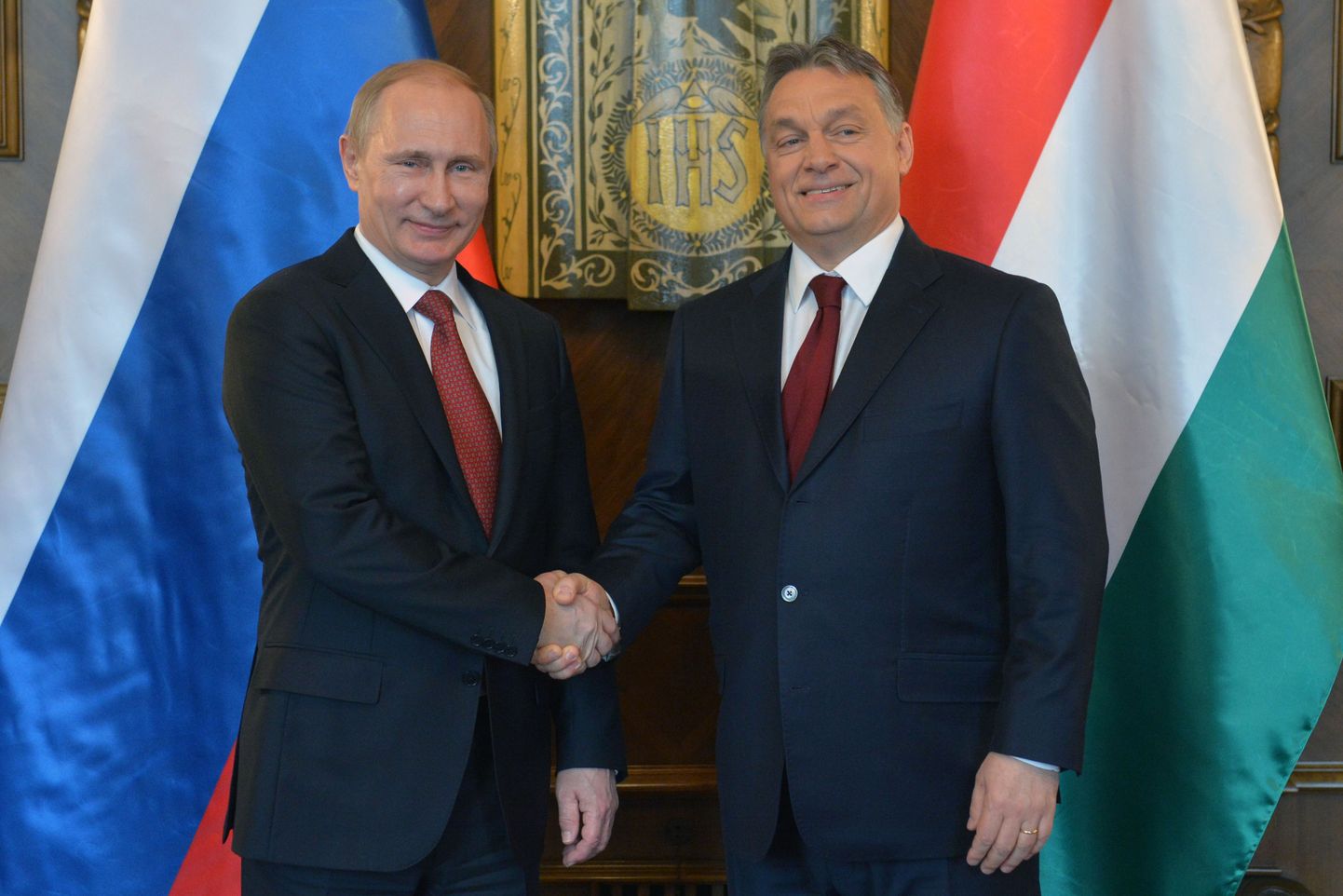It’s in the interests of Kremlin to demonstrate that they have not played themselves into total isolation and that Mr Putin does have friends in the European Union. Secondly, it was to sow doubts and mistrust into relations between EU and NATO members. For the latter, Mr Orbán’s behaviour and especially his words are providing quite a boost.
The distrust is surely not in the interests of Europe, nor of Estonia. Therefore, it is important to note that the actual behaviour of Hungary in EU and NATO serves not to confirm the doubts of it being «Putin’s agent» in Western organisations. Hungary has not forcefully withstood sanctions, nor has it worked against strengthening collective defence in NATO.
Truly, the policy of Viktor Orbán may be characterised as swaying between West and East. As also seen in outer signs such as the symbolism of the timing of visits – just a few weeks before Mr Putin, Budapest was visited by German chancellor Angela Merkel.
Domestic-politically, the explanation is that Mr Orbán does elections campaign in the in-between-elections period as well, trying to nod and point finger in several directions. Broadly speaking, Hungarian voters and supporters of Mr Orbán’s Fidesz party are split in two – one half supporting the Westward orientation, the others preferring the East. In Hungary, the custom is to treat the Kremlin’s attack against Ukraine as part of the conflict between two superpowers – USA and Russia. With that in mind, majority of the people leans Westward and flirting with Mr Putin may eat at Mr Orbán’s popularity.

